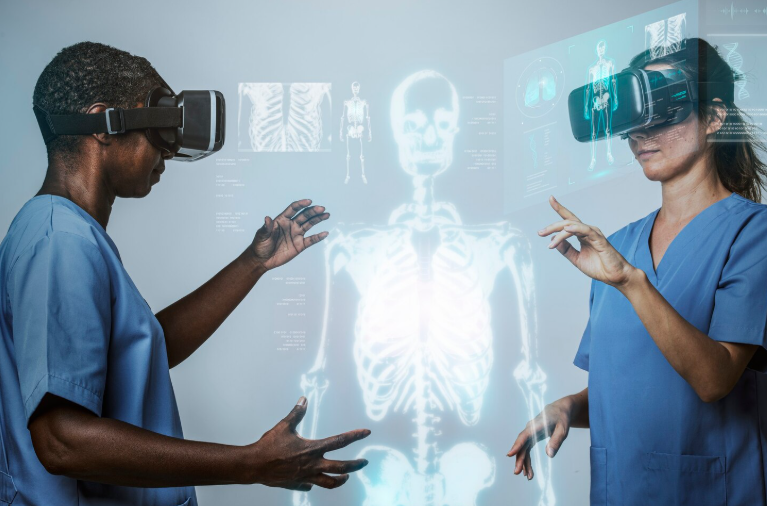The changing landscape of surgical education is being shaped by technological innovation, with immersive tools transforming how skills are developed and refined. Virtual reality, for example, provides a one-of-a-kind platform for simulating complex surgical scenarios in a controlled, repeatable setting. This shift raises important questions about its impact on future medical professionals. The integration of advanced simulation may influence how future generations of surgeons approach problem solving, precision, and adaptability in the operating room.
In the midst of this transformation, virtual reality surgical training stands out for its ability to provide hands-on experience while minimizing patient risk. It enables trainees to encounter rare cases, practice complex procedures, and receive immediate performance feedback, thereby promoting both technical development and decision-making skills. Simulating a variety of clinical environments may also help surgeons prepare for diverse patient populations and unexpected challenges..
The future impact will most likely be determined by how medical institutions integrate such tools into curricula, ensuring a balance of simulated learning and direct patient care. While virtual reality cannot completely replace real-world surgical exposure, its role in developing the next generation of surgeons has the potential to standardize training quality and expand access to advanced skill development globally.





Comments